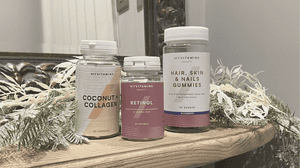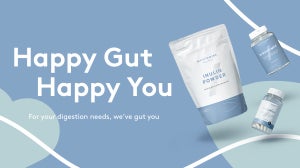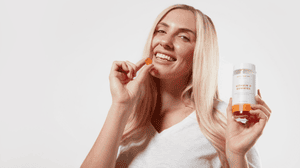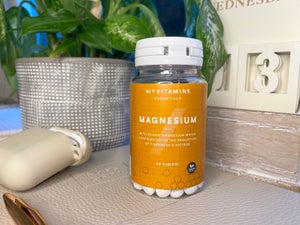
For most people, Christmas is often the most indulgent time of the year. Come January, you are ready for a change and to implement healthy habits. The lifestyle that most people are looking towards this year is a plant-based or vegan lifestyle. Although this can sound restrictive to some, veganism is generally completely safe - as long as you’re mindful of any nutritional shortfalls. So let’s look at the positive and negatives of a plant-based diet and the supplements that can help…
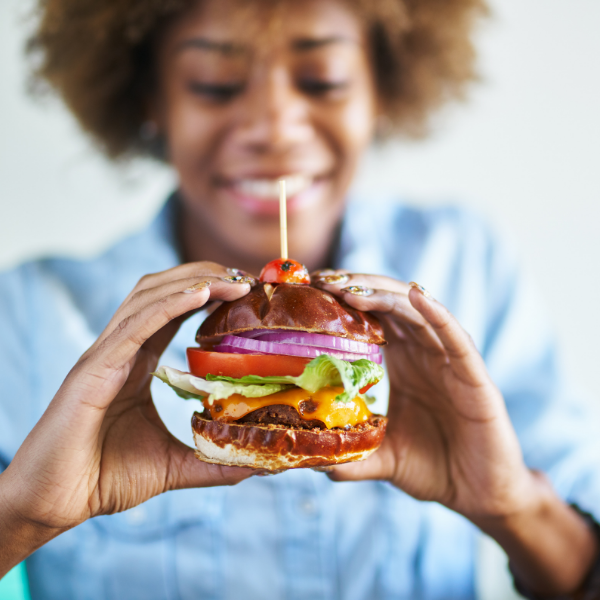
Positives
1. Improved gut health
Vegans and vegetarians typically eat more plants and more fibre than someone that eats meat. This means their digestion is often improved, leading to other beneficial effects. Positive effects of more fibre can include reduced bloating, regular bowel habits, more energy and even clearer skin.
If you are struggling with a change in bowel habits after increasing your fibre intake, then apple cider vinegar has been shown to reduce inflammation and improve gut health. Added vitamin C can help absorption of other nutrients and help to provide a boost of immunity as well
2. Reduced Inflammation
Fruit and vegetables contain a high number of antioxidants. This means they can help to combat the negative effects of our busy lifestyles. Like increasing fibre intake, higher anti-oxidant intake can increase energy levels and improve the condition of your skin. Longer-term effects include reduced risk of cancer, heart disease and mental health conditions.
3. Climate Change
Thanks to the recent documentaries, we are all aware of the impact that going plant-based has on the planet. Net carbon emissions would be significantly reduced even if everyone only switched to meat-free Mondays. Not only that, but plant-based foods are typically much cheaper than meat. You can save money whilst contributing towards saving the planet!
Negatives
1. Vitamin B12
Unfortunately, it is nearly impossible to get vitamin B12 on a plant-based diet, as it is found only in animal products. Vitamin B12 plays an important role in energy levels, metabolism, and brain function. It is recommended that all plant-based eaters should take a B12 supplement to keep your health well supported.
2. Iron
It can be a little harder to have an adequate iron intake on a vegan diet. Non-haem iron (iron from plants) can be more difficult to absorb then haem iron (from animals.) Women often have greater needs due to menstruation, pregnancy or breast-feeding. Plant-based sources of iron include dark leafy greens, tofu and dried fruit.
If you are concerned about iron levels, supplements with vitamin C or folic acid help to increase iron take even further:
3. Protein
The common question – ‘but where do vegans get their protein?' For some plant-based eaters, this can be difficult. Sources of protein include beans and legumes, some vegetables, and seeds. Newbie vegans and those with food intolerances are most likely to struggle as these foods can cause some digestive discomfort. If your goal is to build muscle this year, then easily digestible protein shakes or supplements may help you to reach your goal.
Summary
In conclusion, although it can take a little more organisation, it is possible to have a complete and balanced diet as a vegan or plant-based eater. Being aware of the correct supplementation where necessary can be a key part of this. To shop the full Myvitamins Vegan Range, click here.



